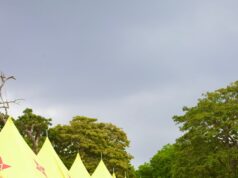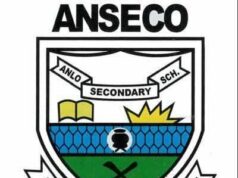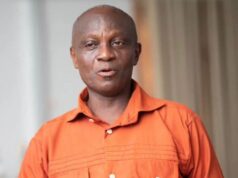The Ghana Education Service (GES) has rescinded its earlier directive for final year Senior High School (SHS) and Technical school students to go home during their six-day mid-semester break.
Although the break holds, the final year students will observe it on campus instead, but with no academic work.
Management of GES in a statement said it had to reverse the directive upon consultation with the Ghana Health Service (GHS) to restrict the “mass movement of students due to the recent outbreak of COVID-19”.
Academic work will however resume on Monday, July 26, 2021, as stated in the earlier communication.
In an attached statement from the GHS, the health management body noted that if the students are allowed to go home, such action may present a challenge to the already precarious COVID-19 situation in schools and to a larger extent contribute to community spread.
It thus recommended as follows:
- The scheduled period for the midterm break be maintained as planned.
- The midterm break should be restricted to campus, and boarding students must not be allowed to go home.
“These actions are necessary to prevent and control outbreaks in schools and in the general population,” the statement added.
The GES had previously declared that all form 3 SHS and Technical students were from Tuesday, July 20 to Sunday, July 25, 2021, enjoy the mid-sem break.
It had informed all heads of Senior High Schools that students who would have wished to go home or would have had difficulty going home should be allowed to remain in the school.
COVID-19: ‘Schools are currently the safest places in Ghana’ – Nsiah Asare
Special Advisor on Health at the Presidency, Dr. Anthony Nsiah Asare, believes schools are currently the “safest place” in the country, despite the recent detection of the highly contagious Delta variant of COVID-19 at Achimota Senior High School.
Apart from the detection of the highly transmissible strain in schools, the Ghana Health Service has indicated that over 2,000 cases of COVID-19 have been recorded in schools since they resumed in January 2021.
Dr. Asare believes the number is not alarming as it captures the total number of students at the primary, secondary and tertiary levels who had so far contracted the virus across the country.
“Our secondary schools are the safest places in this country now because they are within the four walls. This [statistics] is for all schools in Ghana, including the tertiary, primary and secondary schools.”
Dr. Asare pointed out that the relatively low statistics of recorded COVID-19 cases in schools signify the government’s efforts at containing the virus.
“What this means is that our teachers are doing well, the parents have done so well and the government has also done well by providing them with all the PPE, so the secondary schools are not a bad place to be. “























